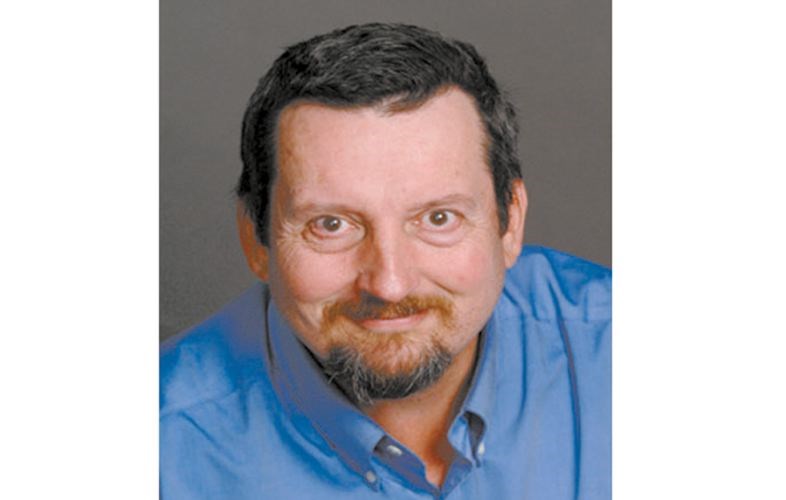Finance Minister Michael de Jong would like to use the surplus from this past fiscal year to pay down some of our debt.
I know this might come as surprise to some but I applaud his actions. Our debt is absurd. It is estimated to grow to $63,830,000,000 by the end of this fiscal year and increase to $65,960,000,000 by the end of next.
I have heard a number of pundits and politicians argue that we shouldn't worry about the debt. After all, it is now only 16.8% of GDP. That is significantly less than other jurisdictions.
But it is a drag on our economy and a drag on government spending. Every year, money which could be spent on schools, social programs, or health care is instead spent servicing our debt.
It is like having a credit card where the best you can do is make the minimum payments. Yes, that covers the monthly interest but does nothing to retire the capital.
There was a television commercial a few years back where the actor pointed out if you carried a $5000 balance on your credit card and only made the minimum monthly payments, it would take you over ten years to pay it off. And you would end up paying more than $5000 in interest.
We are barely making the minimum payments.
Yes, I know much of our debt arises from capital expenditures. Schools, hospitals, bridges, and such are financed. They form part of our provincial debt. And they are capital assets.
But let's face it - they are an asset in name only. Who out there is interested in buying a used hospital? Or an old bridge? (With the possible exception of London Bridge which now resides in Arizona!)
No. They are a debt plain and simple. Necessary, in some cases, but a burden we will be paying for well into the future. Indeed, the past 14 years has seen our public debt more than double. It is not "out of control" but it is certainly too big to ignore.
So, starting to use what little extra cash is on hand to tackle this monster is an idea I can get behind.
But what about funding all of the other necessary initiatives? Welfare rates need to go up. Medical Service Premiums have increased. Shouldn't these be where we spend the money?
We would have the money to spend on such initiatives if we didn't keep piling up the debt.
We would also have the money if we didn't keep up the silly pretense that (a) having low personal income taxes creates job growth and (b) having the lowest personal income taxes in the country is a desirable goal.
Simply put, you can't spend what you don't have - unless you are willing to go further in debt. So any Minister of Finance has two choices - raise taxes or cut services. In B.C., we cut services to ensure we have the lowest personal income taxes.
The result is that in a $45,772,000,000 budget, only $8,063,000,000 is projected to come from personal income taxes. That is only 17.6% of the provincial budget. Indeed, taxation revenue in all forms accounts for only 50.1% of the budget.
The remaining money is found in Natural Resource Revenue ($2.962 billion), Other Revenue ($9.251 billion), Contributions from the Federal Government ($7.379 billion), and Self-supported Crown Corporations ($3.242 billion).
Does this mean that British Columbians are well off in the taxation department? Not really. Increases in Medical Service Plan premiums, ICBC rates, and B.C. Hydro all end up as revenue. If you consider all of the places the government dings you, a low personal income tax rate comes at a heavy cost.
The Fraser Institute - among others - calculates "Tax Freedom Day". It is the day when the average British Columbian has earned enough money to pay the taxes imposed by the three levels of government. In 2014, that day was June 5th.
To put that in perspective, Tax Freedom Day for Canada as a whole was June 8th. In Alberta, it was May 22nd.
Yes, we have the lowest personal income taxes for people earning less than $120,000 per year. However, we are still on average paying the same amount just not as personal income tax. We pay income, liquor, tobacco, amusement, excise, automobile, fuel and motor vehicle taxes; CPP and EI contributions; medical service plan premiums; property taxes; and the list goes on.
We even supplement the government with the profits from ICBC, B.C. Hydro, B.C. Lottery Corporation, and B.C. Liquor Distribution Branch.
We don't pay less in taxes. We just pay a much higher percentage on consumables which is really the question at the heart of tax policy.
Should taxes be progressive or regressive? This government thinks regressive.
But they are planning to pay down the debt and that will help us all in the end.



